Becoming a frugalvore: How to eat well for less

Hey hey, y'all. Here's an article from former GRS staff writer (and perennial reader favorite) Donna Freedman. This piece about becoming a frugalvore contains material that originally appeared at Donna's site, Surviving and Thriving. It's been modified for GRS. Enjoy!
The "locavore" movement is based on the idea of eating only foods grown within a 100-mile radius of where you live. Vicki Robin, for instance, might be best-known for her money manual Your Money or Your Life, but she also wrote a book for locavores in which she advocates a ten-mile diet.
I'm not a locavore but I have my own system, and I think it deserves its own name: I'm a "frugalvore". Becoming a frugalvore is pretty simple. You shop mostly (or completely) for what's on sale.
The virtue of thrift
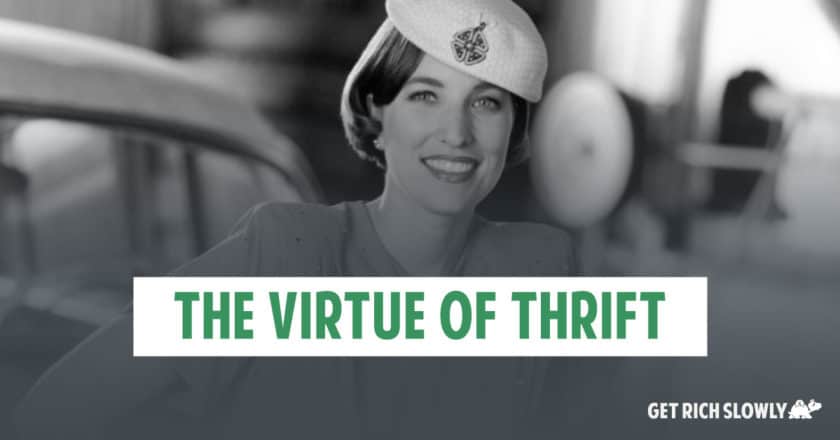
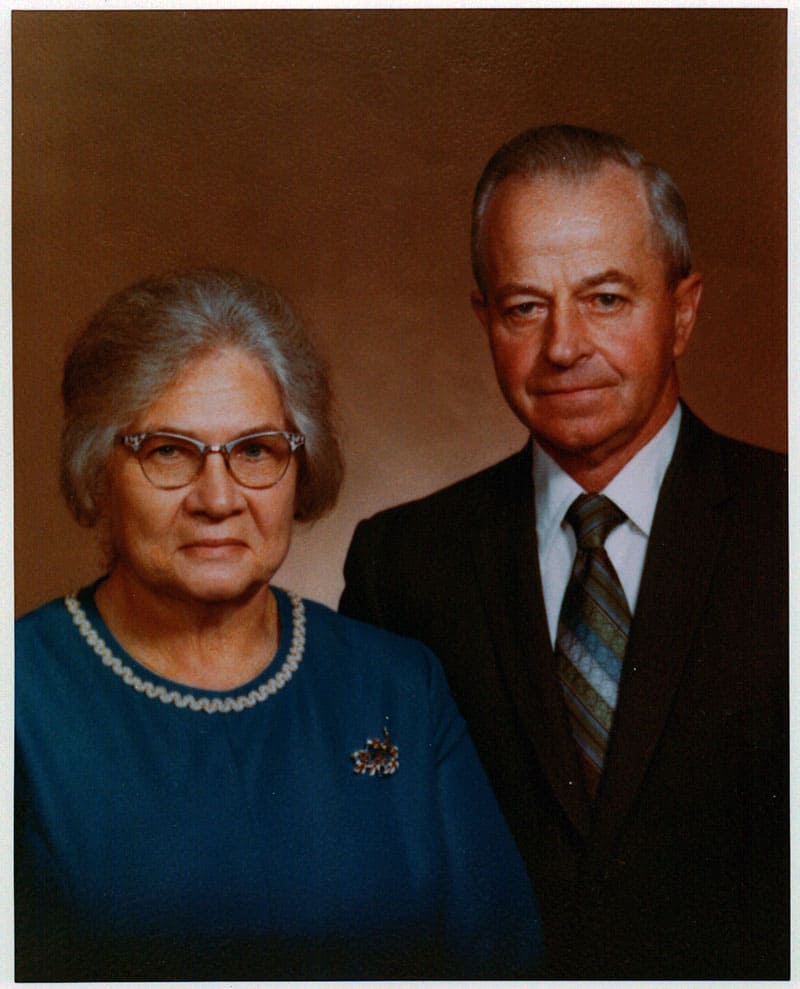
The road we lived on was especially quiet, with very little traffic. Even from a young age -- five or six, I think -- I was allowed to walk the quarter-mile to visit my grandparents. (My father's parents lived "next door" to us, but next door was across a large field.)
Visiting grandma and grandpa was fun. As quiet as life in the country was, life at their house was even quieter. There was a stillness in their place unlike anything I've experienced since. Their home seemed stuck in time.
How I learned to stop worrying and love DIY

"Oh good," Kim said when I rolled out of bed yesterday morning. "I’m glad you’re up." She gets up at 5:30 for work most days, but I tend to sleep in. Especially during allergy season.
"Huh?" I grunted. It was 6:10 and I was very groggy. My evening allergy meds kick my butt. Plus, I hadn't had my coffee yet.
"Something’s wrong with the bathroom sink," she said. "Look. It’s leaking. The floor is soaked." She wasn't kidding. The bathmat was drenched. When I looked under the vanity, I was greeted by a small lake.
Why frugality is an important part of personal finance
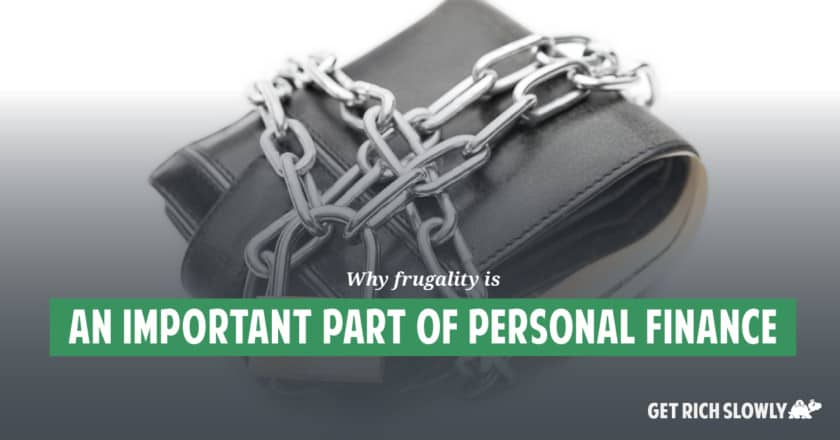
In a recent article in The Atlantic, Joe Pinsker shared some thoughts on why many ultrarich people aren't satisfied with their wealth.
There seem to be two reasons.
- First, people tend to ask themselves: Am I doing better than I was before? Do I have more today than I did yesterday? "All the way up the income-wealth spectrum," one researcher told Pinsker, "basically everyone says [they'd need] two or three times as much" to be perfectly happy. It's the hedonic treadmill in action.
- Second, people can't help but compare themselves to others. They ask themselves: Do I have as much (or more) than the people I'm comparing myself with? Do I have more than other folks in my family? Do I have more than my friends? Do I have more than my co-workers? We measure our personal success by comparing what we have to what other people have. This is the proverbial "keeping up with the Joneses".
While Pinsker's article is about the ultrarich, I think these tendencies apply to nearly everyone. Even me.
The best of both worlds: How to find quality products without spending a lot of money
Our recent three-part discussion on choosing quality over price has been interesting. (If you missed it, here's part one, part two, and part three.)
It's clear that most of you money bosses value quality, but not all of you are willing to pay a premium to obtain it. And some GRS readers don't think it's ever worth paying more to buy the best. (In fact, some folks think this philosophy is foolish.)
One thing we all seem to agree on: It's always best to pay less.
Spending rate versus saving rate
For years, I've argued that your saving rate is the most important number in personal finance. "Saving rate" in the world of personal finance is the same as profit in the world of business. We all understand that a company needs to earn a profit in order to grow and thrive, but what most people fail to realize is that people need profit too.
The greater the gap between your earning and spending, the faster you're able to grow your wealth snowball and achieve your goals.
Last week, the always-excellent Michael Kitces published an interesting article that argues spending rates matter more than saving rates. He writes:
When to buy cheap airline tickets
Although I fly several times per year, I'm not a sophisticated traveler. Many of my friends are top-notch travel hackers, but I'm just a beginner. Still, I'm getting better.
On my recent trip to Florida, for instance, I booked both my initial hotel and my rental car using travel miles. That's a big step for me! And it saved me from using actual cash, which is in short supply around these parts lately.
I didn't do such a good job with my airfare. I booked my flight for January 4th on December 5th. I paid cash. Luckily, thirty days in advance turns out to be in the sweet spot for finding cheap airline tickets, so I got an okay deal -- even if I didn't book the trip with points or miles.
Time is money: How frugality buys freedom — tomorrow AND today
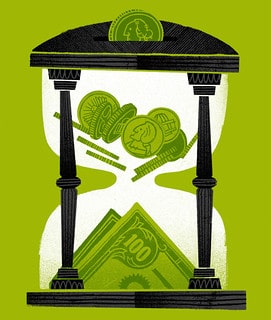
Now, as a nearly fifty-year-old man who has written about personal finance for the past twelve years, I get it. Dad was right: Time is money — and money is time.
This notion is the central lesson of Your Money or Your Life, the personal finance classic by Joe Dominguez and Vicki Robin. "Money is something we choose to trade our life energy for," they write. "You are the one who determines what money is worth to you. It is your life energy. You 'pay' for money with your time. You choose how to spend it." Continue reading...
How we watch TV without cable (and how much it costs)

One of the main reasons Kim and I decided to move from our condo to this quiet country cottage was to save money. We were spending far too much living in the city.
Simply moving made a huge difference to our budget. But now that the dust has settled, it's time for us to look at other aspects of our spending to see where we can save. As part of that, I've been reviewing our recurring expenses to see what I can cut. Yesterday, I canceled our subscription to The New York Times (savings: $5/week or $260/year). Today, I'm reviewing how much we spend on TV and movies.
Cutting the Cord
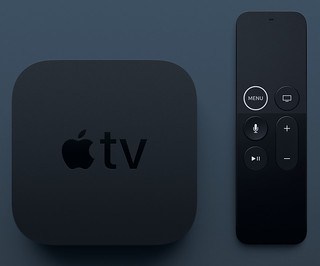
The difference between frugality and minimalism
There's a popular notion in personal finance circles that frugality and minimalism go hand in hand. If somebody's frugal, they probably also self-identify as being a minimalist. And if somebody's a minimalist, they probably self-identify as being frugal. But while there is a lot of crossover between frugality and minimalism, it's important to understand that they're fundamentally different ideas with different aims. Sometimes they're even at odds with each other.
In fact, I think these two concepts are so non-aligned that I feel the need to define them for those Money Boss readers unfamiliar with the minimalism movement.
- Frugality, as we're all aware, is what used to be called thrift. It's the quality of being careful with money and goods. It's the opposite of waste.
- Minimalism, on the other hand, is the pursuit of less. Minimalist strive to own and do less, and they generally want their possessions to reflect simplicity and elegance.
Frugal folks aim to spend less; minimalists aim to have and do less. There's plenty of overlap there, obviously, but there are many times that frugality and minimalism are neither synonymous nor compatible. Let's look at a real-life example.